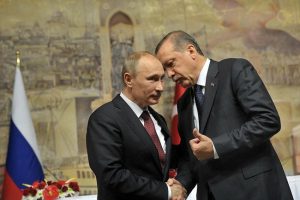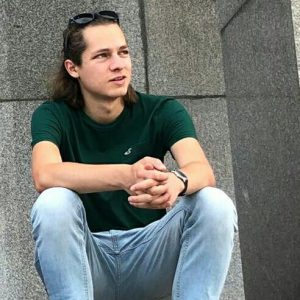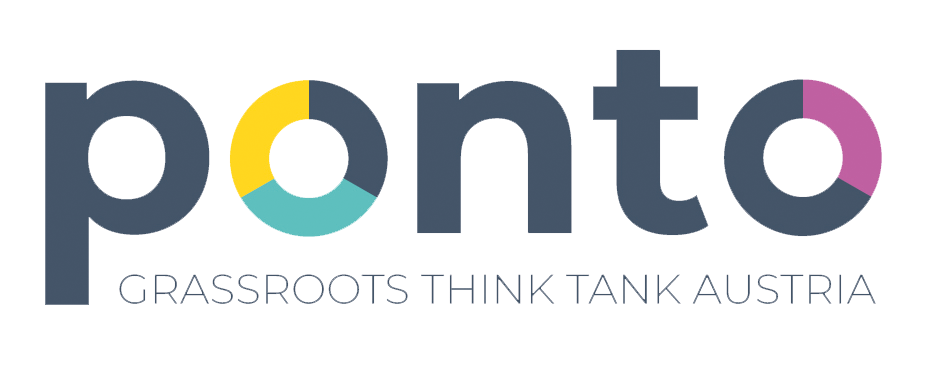
Erdoğan’s increasingly assertive foreign policy seems to align more and more with Putin’s grand strategy. So far, the two internationally dissatisfied powers did not face each other directly with diametrical interests. Nagorno-Karabakh could become the game changer.
Huntington Revisited
“The most obvious and prototypical torn country is Turkey.” What sounds like a modern-day tabloid analysis of Turkey’s behavior in international politics in fact is a sentence penned by Samuel P. Huntington in 1993.[i] Now, Huntington’s piece is extremely controversial and reasonably challenged by many of his colleagues, ranging from Said to Fox,[ii] from Harari to Berman, from Cox[iii] to Chomsky.
Nonetheless, Huntington gives an interesting impulse: “Having rejected Mecca, and then being rejected by Brussels, where does Turkey look?” Indeed, Turkey is somewhat caught in the middle in many respects. Geographically, uniting Asia and Europe. Culturally, though increasingly disputed, declared the only secular country[iv] in the Middle East. Politically, being member in the Organization of Islamic Cooperation just as in NATO. After all, and likely to be forgotten given the long odds, Ankara still is an official EU candidate country.
Erdoğan’s Legacy
Arguably, the long history of Turkey’s changing strategies in foreign policy entered its latest phase with Erdoğan’s extended power capabilities. Steadily making his way to the top, he turned his country’s political system into a presidential one, becoming the single most powerful politician in Turkey with authorities going beyond those of any of his predecessors. He seems to be in the midst of building a legacy.
Certainly, many heads of state and government around the world aim for the same to happen to them. Most, however, fail in that attempt. One that succeeded is Russian President Vladimir Putin. And there appear to be some more striking similarities of the rulers in Moscow and Ankara. Equally controversial at home and abroad, both consider themselves democrats.[v] A perception questioned by observers. Just as their take on the freedom of press, science, and speech in general.[vi] Some might go so far to say they treat their personal archenemies alike.[vii] Widely unnoticed by the international public, Erdoğan now seems to add another feature to this list.
Frozen Conflicts 2.0
Since the end of the Cold War and Russia’s arguable downgrade from an international super power to, depending on the interpretation, a regional de facto-hegemon or an international mid-range power, it became a common tool of Russian foreign policy to create and maintain centers of conflict in its vicinity which have no realistic perspective to be resolved without a consultation of the Kremlin. These conflicts, including Transnistria, South Ossetia and Abkhazia, Eastern Ukraine, and in a way Crimea, sooner or later turned into modern-day static battles usually referred to as frozen conflicts. Following Moscow’s foreign policy grand strategy, these conflict zones are amended by a number of countries that more or less obviously belong to the Kremlin’s direct sphere of influence, such as Kazakhstan, Kyrgyzstan, Syria, and Belarus, plus the ones more diplomatically approached on an equal footing, like India, China, and Iran.
Erdoğan’s foreign policy more and more appears to align with this Russian template. While Ankara is member of some influential diplomatic forums, like the alliance with Iran and Russia over Syria, where it increases and manifests its international significance, some neighboring states largely depend on Turkey so that one may count them to Ankara’s orbit, among them Azerbaijan and, despite diverging opinions on the Kurdish question, Iraq. Most striking over the past years, however, is the increasing number of conflicts Turkey is involved in. Some, arguably, are even fueled by Erdoğan’s administration. Next to the longstanding dispute in Cyprus that predates the president there are the military engagements in Northern Syria, Libya, and, most recently, Nagorno-Karabakh.
Nagorno-Karabakh’s Broader Scope
There, more severely than in Syria and Libya, Turkish and Russian interests interfere directly. Both parties, despite allegations from Armenia against Turkey, are not officially involved on the ground but said to pull the strings. Struggling at home, Erdoğan even more than Putin could use a victory to strengthen his position domestically. Just as his Russian counterpart, he intends to achieve that by putting his fingers in the pie of the multipolar world order of which both want to reserve a piece as big as possible for themselves. As of now, Turkey’s piece arguably appears smaller than the Russian one. In concrete terms of Nagorno-Karabakh, therefore, Erdoğan acts more assertive than Putin. As the only great (regional) power, Turkey at first did not join otherwise unanimous calls for a ceasefire. In recent days, now, Erdoğan in phone calls with Putin tried to establish a Turkish-Russian tandem as the negotiating masterminds or peacemakers, depending on the framing. It is said that Putin called Erdoğan, indicating clearly who calls the shots.
These developments unveil the bigger question behind the Nagorno-Karabakh conflict: What will the regional power structure in the Middle East look like in the future?[viii] The Southern Caucasus could become a gamechanger in this respect. The longstanding debate focusing on Saudi-Arabia’s fight for regional hegemony with Iran overshadowed the gradual rise of other regional players, next to Turkey especially Israel and the UAE.
Hard Times for the Turkish-Russian Bromance?
Both Putin and Erdoğan regard the region as their geopolitical doorstep and will not just wait for their respective opponents to collect more and more bargaining chips on the playboard of international machtpolitik. This already materializes in Israel backing Azerbaijan and, thereby, indirectly Turkey while Iran attempts to get back its seat at the table and revive the functional Astana alliance over the Nagorno-Karabakh issue.[ix] Depending on how the situation develops,[x] either Turkey or Russia might be forced to back off from their great power ambitions in the Southern Caucasus. Oversimplifying analysts like Huntington might call the loser of this clash a torn country. He himself, back in 1993, mentioned already more than only Turkey as such. Among them: Russia.[xi]
[i] Huntington, Samuel P. (1993), The Clash of Civilizations?, in: Foreign Affairs 73:3, pp. 22-49, here p. 42.
[ii] Fox, Jonathan (2005), Paradigm Lost: Huntington’s Unfulfilled Clash of Civilizations Prediction into the 21st Century, in: International Politics 43:2, pp. 428-457.
[iii] Russett, Bruce M./ Oneal, John R./ Cox, Michaelene (2000), Clash of Civilizations, or Realism and Liberalism Déjà Vu? Some Evidence, in: Journal of Peace Research 37:5, pp. 583-608.
[iv] Turkey’s Constitution of 1982 with Amendments through 2017: Preamble, Art. 2, 13, 137.
[v] Cagaptay 2019; Foy 2020; Danforth 2017; Kasparov 2020.
[vi] Kosebalaban 2020; Troianovski 2019.
[vii] Al-Jazeera 2016; Oltermann/ Walker 2020.
[viii] Neither Armenia nor Azerbaijan form part of the political entity of the Middle East. However, their neighbors Turkey and Iran do.
[ix] Furthermore, Iran must watch out not to get involved too deeply, given the risk of spillover effects and its difficult relations to Baku.
[x] A possible alternative could mark a deepening Russian-Turkish collaboration against the West.
[xi] Huntington, Samuel P. (1993), The Clash of Civilizations?, in: Foreign Affairs 73:3, pp. 22-49, here p. 43.
Fotocredit Title: Wikimedia Commons

Axel Müller studied political science and Arabic studies in Jena and Athens, mainly focusing on International Relations. He currently pursues a Master’s degree in Global Studies from a European Perspective from the universities of Ghent and Roskilde. Specialized in conflict analysis, he regularly publishes pieces on international affairs and acts as the blog editor-in-chief of the World Youth Academy.
